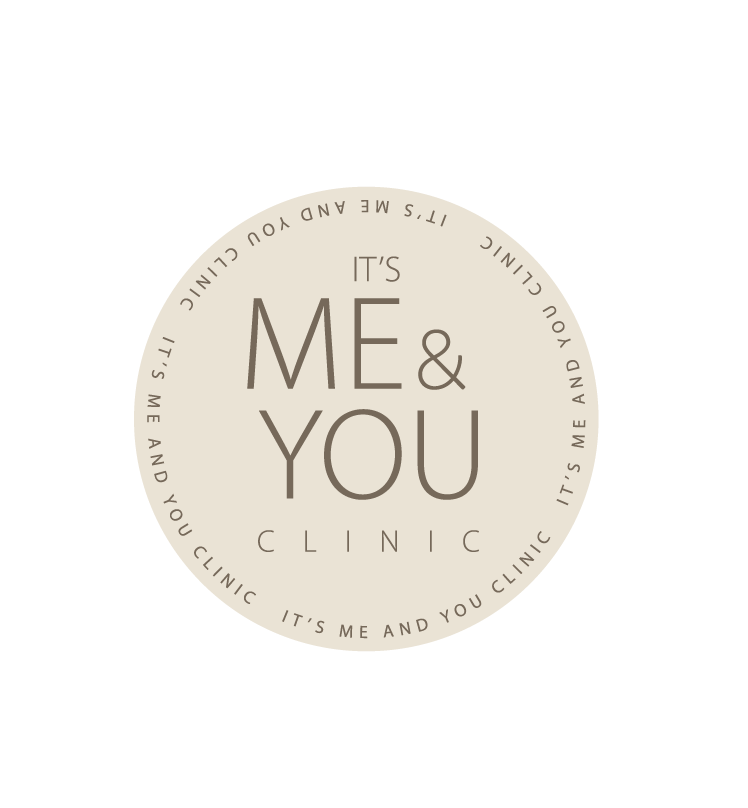Lip fillers can cost around $500 to 1000 per syringe depending on the type of filler used, the number of injections, desired effects, the clinic or professional you go for, and your region. This article discusses more about these factors, the benefits of lip fillers, and answers the frequently asked questions about this procedure.
Lip fillers are embraced by patients who want more volume on the lips or want to do something that makes the lips look different. The urge to get better-shaped, symmetric, plumper and better-defined lips are growing. What is more, some opt for the procedure to boost the appearance of their lips. However, getting all these does not come for free. So, how much are lip fillers? Are there any risks associated with getting them?
How Much Are Lip Fillers?
If you have ever considered changing the look of your lips by having lip filers, you no doubt have thought about the cost. It is, therefore, not a surprise that you may have wondered, “How much are lip fillers?”
If you are going for temporary non-surgical lip fillers, keep in mind their price variation. Different lip fillers use different products; the components in a lip filler determine its price. Notably, the most natural lip fillers contain hyaluronic acid, which helps enhance the volume of lips (Schuurmans et al., 2021). It also contains wrinkle-reducing benefits that have no allergic reactions in the body.
Lip fillers are priced per syringe. Therefore, the number of lip fillers used on your lips will affect the overall cost. Furthermore, patients have different desires. Therefore, your end goal after the procedure will also dictate the amount you pay. Further, the location determines the amount you pay lip for the fillers; high-end neighborhoods may charge more than low-class areas. Lastly, a cosmetic doctor may determine the cost of the lip fillers. For example, famous practitioners may charge more than less popular practitioners for the same services.
In summary, these are the factors affecting the price of lip fillers;
- Your geographical location
- The result you want to achieve.
- The type of filler
- The number of injections required.
- The doctor or health provider or the clinic you attend
When all these factors are considered, you can prepare to pay anywhere between $500 and $1000 for a lip-filling procedure. Some practitioners may charge a consultation fee; this may increase the cost of the procedure. With such a price tag, lip fillers are truly an investment in beauty.
Lip fillers last for around 6 to 12 months; you may need to keep coming to go back for the procedure. As you do, you will have to pay the amount again.
Your metabolism will help determine how frequently you redo the lip fillers. Young patients may need more frequent injections than their elderly counterparts; your body will break down the filler faster than the older individual.
Risks of Lip Fillers
Generally, lip fillers are a safe procedure, especially when performed by an expert. You can experience mild pain that goes on for 12 to 24 hours. Haneke (2015) posited that lip fillers could pose other risks;
- Reactivation of cold sores
- Infection
- Bleeding
- Pain in the area injected
- Having asymmetrical lips, those that are of different sizes.
- The lip filler moves to other areas of your face.
- Vascular occlusion or vessel blockage can result in tissue death. It can occur when the doctor injects the lip filler into an artery or around an artery; go for a certified professional.
Importantly, if you are pregnant, avoid lip fillers. Many regulatory bodies like FDA and FSA do not recommend lip fillers for pregnant or lactating women.
Frequently Asked Questions about Lip Fillers
Are Lip Fillers Reversible?
Temporary lip fillers are reversible. If you are not content with the results of lip fillers, you can have them removed. As mentioned earlier, most lip fillers contain hyaluronic acid (Goldberg, 2017). In such a case, your cosmetic doctor can use an enzyme known as hyaluronidase to remove the fillers.
A steroid injection works for other kinds of lip fillers. Moreover, you may undergo surgery to remove these non-hyaluronic lip fillers. Therefore, even when you do not get the desired results after a lip filler treatment, do not panic. Your cosmetic doctor can remove it and give you a different desired outcome.
Should I Have a Lip Filler?
Are you wondering if you are a perfect candidate for a lip filler? You can consider the procedure if you meet the following qualifications;
- If dissatisfied with the shape or volume of your lips.
- If you want more defined lip borders.
- If you want to rectify lip lines
- If you want more volume on your lips.
- If you crave more plump lips than the ones, you currently possess.
Therefore, if you fall into any of the above categories and want to make changes to enhance your lip, you may consider having lip filler. This investment can make your lips do the talking without you talking. If it adds to your happiness, why not consider going for one?
The good thing is that the procedure is mostly safe when performed by an experienced cosmetic doctor. However, there can be certain side effects, as mentioned earlier. Also, it may result in mild pain that will end in 12 to 24 hours.
Conclusion
Lip fillers are for individuals carving volume on their lips. If you want to enhance the shape and plumpness of your lips, you may consider the procedure. It costs anywhere between $500 to $1000 per syringe. The amount you pay will depend on what you are looking for, the type of filler used, the number of syringes injected, your geographical location, and the expertise of the doctor you go to. Nonetheless, you can have the filler for around 12 to 18 months. Generally, the procedure is safe when done correctly and with a qualified and certified professional.
References
Goldberg, D. J. (Ed.). (2017). Dermal fillers. Karger Medical and Scientific Publishers
Haneke, E. (2015). Managing complications of fillers: rare and not-so-rare. Journal of cutaneous and aesthetic surgery, 8(4), 198.
Schuurmans, C. C., Mihajlovic, M., Hiemstra, C., Ito, K., Hennink, W. E., &Vermonden, T. (2021). Hyaluronic acid and chondroitin sulfate (meth) acrylate-based hydrogels for tissue engineering: Synthesis, characteristics and pre-clinical evaluation. Biomaterials, 268, 120602.
- Smoking After Lip Fillers: What You Need to Know for Safe Healing - February 26, 2024
- Patience Pays Off: Understanding the Wait Time for Smoking After Lip Fillers - February 20, 2024
- The Sober Truth: How Long to Abstain from Alcohol After Lip Augmentation - February 17, 2024

